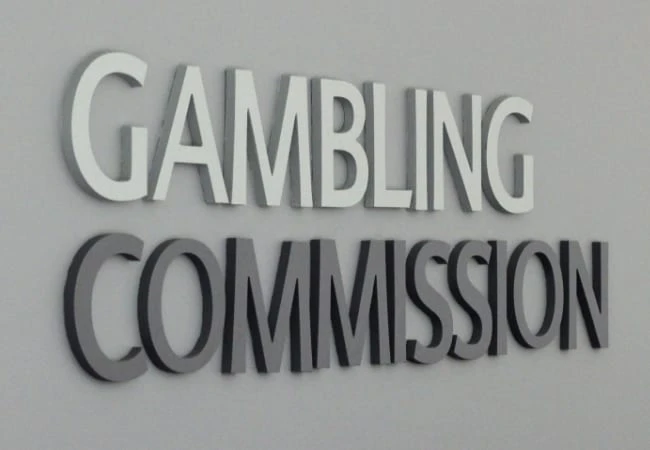GC to publish affordability check consultation this month

Following the publication of the white paper in April, much public comment centred on the number of proposals put forward by the consultations, with some noting that the word consult or consultation appeared 150 times in the document.
The Commission today announced that four of the proposals are to be published this month. These are:
- Age verification in premises
- Online games design
- Direct marketing and cross-selling
- Financial risk and vulnerability checks for online operators
The financial risk checks that are to be imposed on operators, sometimes dubbed affordability checks, are considered to be one of the more controversial provisions of the document.
Much of the industry criticism of the review, led by UK gambling trade body the Betting and Gaming Council (BGC), centred on the measure.
Some have voiced concerns that more stringent interpretations of these checks could risk alienating punters by requiring operators to request more detailed financial documents than players feel comfortable sharing.

Additional Gambling Commission consultations
In line with previous consultations, the Commission’s executive director for research and policy, Tim Miller, said that the talks are planned to last 12 weeks, closing in October.
In addition to the planned consultations laid out in the white paper, the GC also will launch two more this month. These are:
- Rules around personal management licences
- Procedures for regulatory panels
The Commission said that the launch of these projects builds on the regulator’s commitment to stick to consultation windows as far as possible.
Projects planned for the autumn
After these have concluded, the GC said it will be “well advanced in the planning” for the next set of consultations, currently set for the autumn and including:
- Socially responsible inducements
- Gambling management tools
As such, the regulator said it is likely to begin pre-consultation engagement with important stakeholders in the coming weeks.
“The Gambling Commission’s work is of course also running alongside the work of government and the voluntary commitments of the gambling industry to implement the review,” said Miller.
Collaboration with DCMS
The regulator said it continues to support the Department of Culture, Media and Sport (DCMS) in its work, which will also be engaging in the consultation process.
However, the GC emphasised the importance of clearly setting roles and responsibilities.
The regulator used the example of the planned statutory levy, a proposed tax on the revenues of gambling operators, to pay for research, education and treatment initiatives.
For these measures, the government is to lead on the creation of the levy, including where the funding will go. The Commission’s role will be to collect and distribute the tax in line with the government’s directions.
Miller said that the levy will likely make the Commission’s LCCP RET list – the list of approved organisations operators may send the current mandatory contributions – irrelevant.
He added that the body will also need to consider the impact of the tax on the destination of any future fines.
“Full implementation of the review will be a job of several years, especially when you include evaluating the impact of any changes,” said Miller. “But that doesn’t mean we don’t want to progress things as quickly as possible. We are determined to make progress at speed.”
